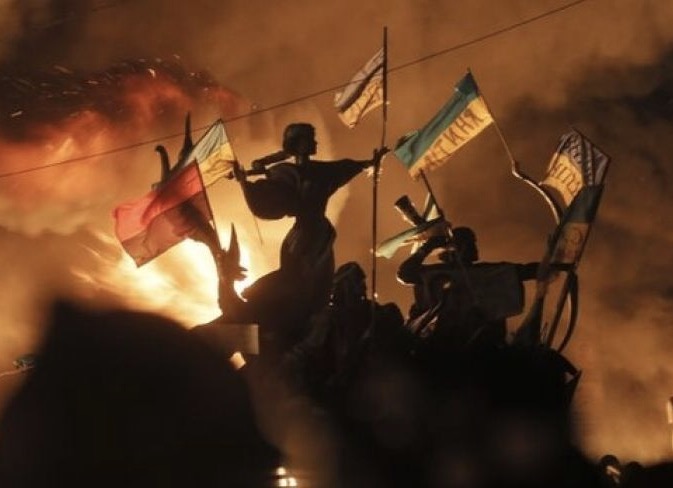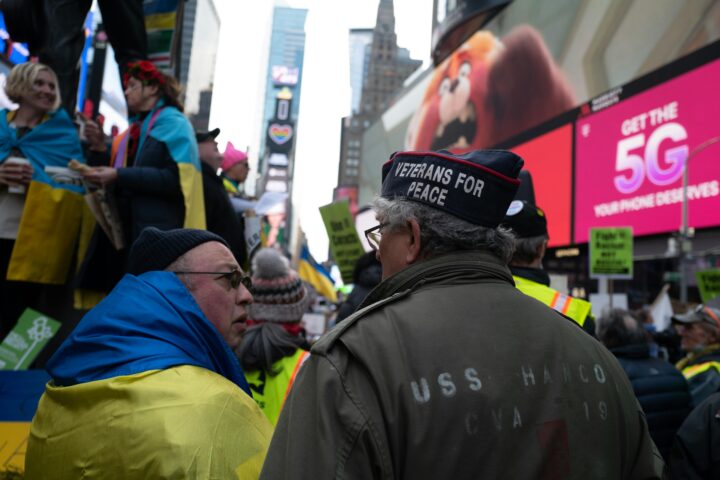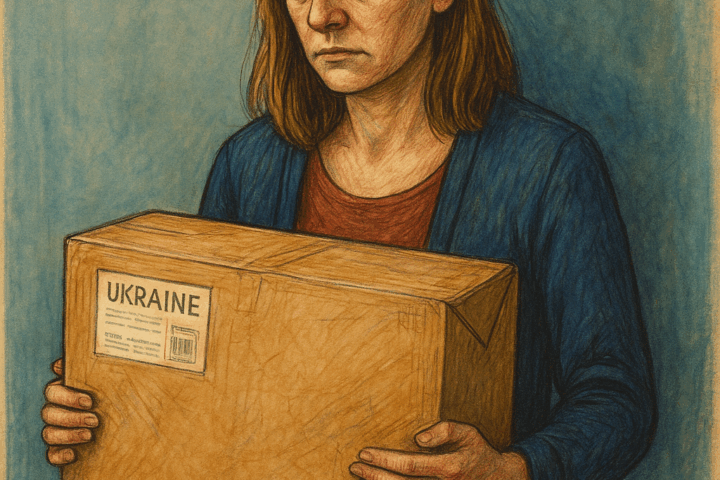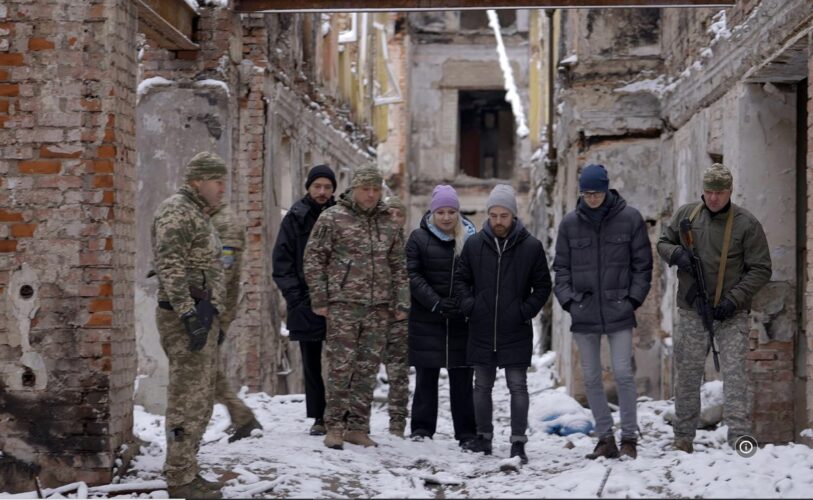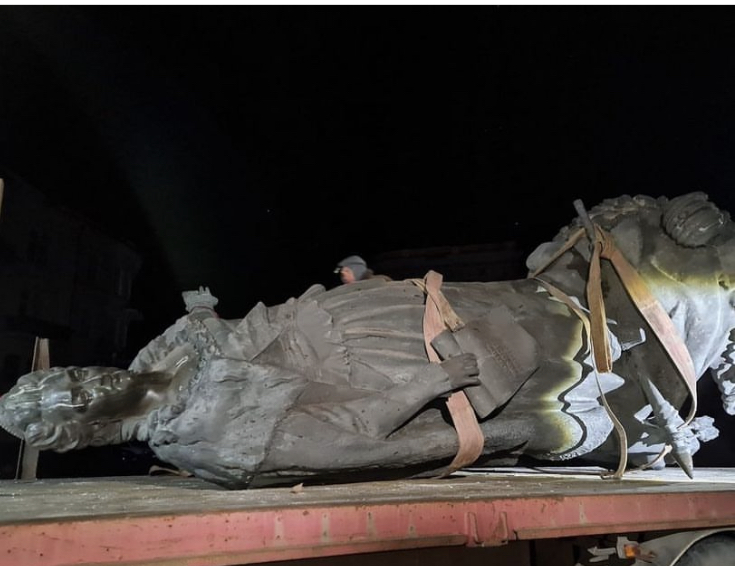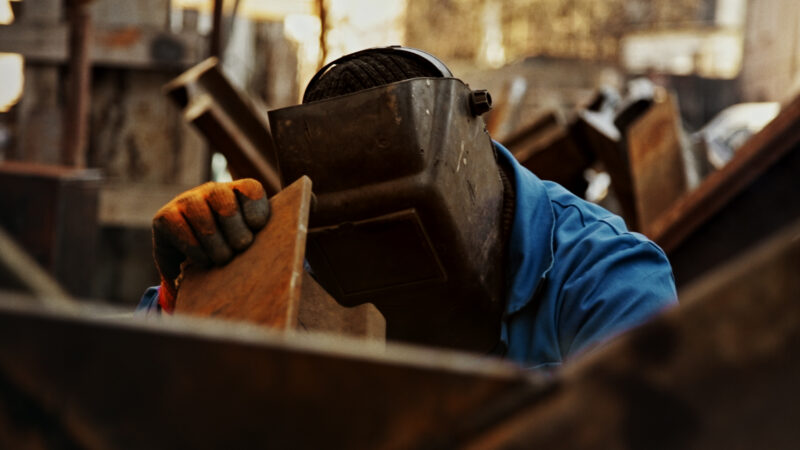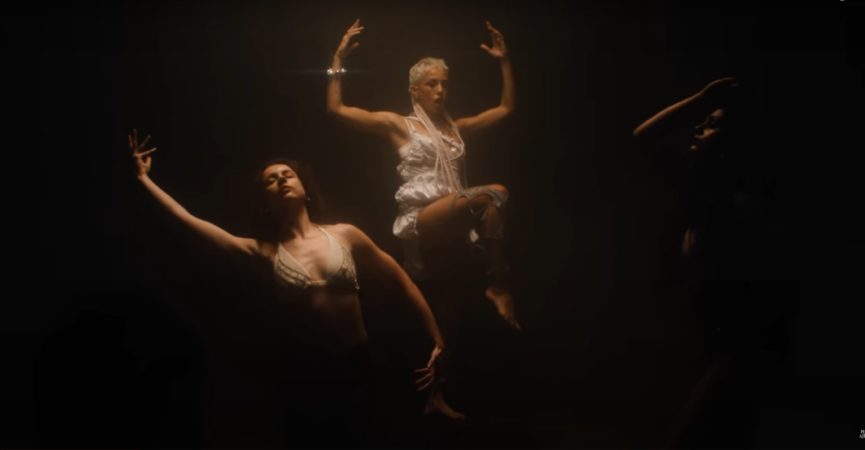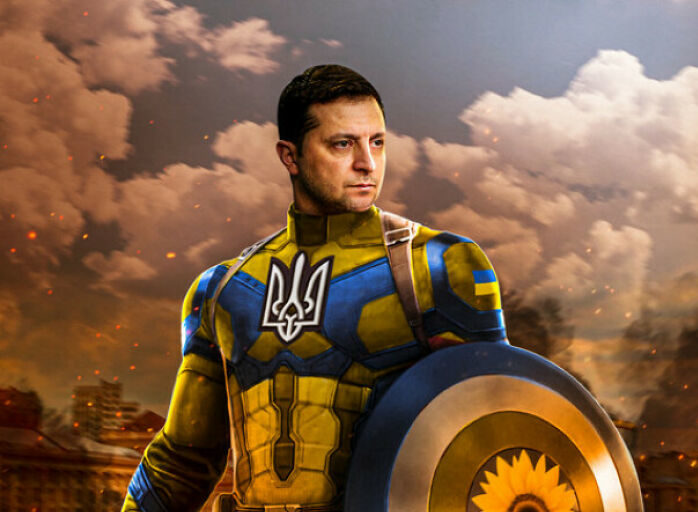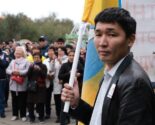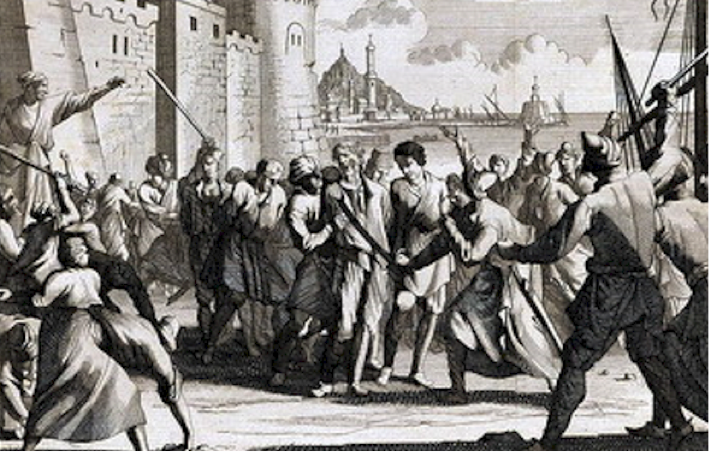CRIMEA
Fears expressed by the British magazine The Economist regarding the fate of Crimea proved to be correct, and 15 days later they publish an acerbic article on Russia entitled “Asymmetric Wars” where the referendum in Crimea is described as a political farce. However, they go on to advise Ukraine to accept this annexation in practice though not in law. If Ukraine wants to become a western-style democracy, it must concentrate on reforms and not focus on nationalism or reunification with Crimea. As for the West, it must respond by organizing a Marshall Plan to help Ukraine to modernize. According to the magazine, the best way to regain possession of Crimea is to demonstrate to the Crimean people that Ukraine is becoming wealthier and prospering democratically. For the time being, Ukraine has a duty to protect the Crimean Tatars by facilitating their refuge on its territory.
For the strongly right-wing French online newspaper Causeur, borders are not inviolable since there has been a precedent with Kosovo. This argument was also taken up by François Fillon during his presidential campaign.
Fourteen months later, The Economist considers the annexation of the Crimean peninsula to be disastrous. Western sanctions and the Ukrainian blockade have hindered any development of the tourist industry, a vital sector for the Crimean economy. The absence of a platform for political and media expression for the Ukrainian and Tatar populations is noted along with repression of opposing voices. Although The Economist admits that the local population remains loyal to Russia, the review states that one-third of the population is made up of retirees, most of whom are nostalgic for the Soviet Union. Finally, 85% of the Crimean budget is financed by the Russian federal government.
The French newspaper Le Figaro, in an article of 23rd November 2015, talks about “pro-Russian authorities” in Crimea and not “Russian authorities”. This conservative paper mentions the attack on electric pylons, plunging the peninsula into blackout, since Crimea depends on Ukraine for 70% of its electricity supply. This sabotage would be the work of the far-right nationalist group Pravi Sektor and Tatar militants whose leader is calling for an investigation into kidnappings and murders taking place in Crimea.
ODESA
In the clashes in Odesa that killed more than 40 people (most of whom were burned alive – on 2nd May 2014), pro-Russian demonstrators were not innocent according to The Economist; many were financed by the pro-Russian candidate for the Odesa mayoral elections, Hennadiy Trukhanov. So much traffic passes through Odesa that it is not at all difficult to hire provocateurs for a day. However, the British magazine in its article of 8th May 2014 claims that the opposition candidate to Trukhanov, Aleksandr Dubovoy, has also paid troublemakers; Dubovoy and his leader, Yulia Timoshenko would have had an interest in sabotaging the presidential elections that she stood no chance of winning. In addition, the Ukrainian government has been criticized for its unwillingness to shed light on the Odesa tragedy. This lack of transparency also applies to the investigation into the Maidan Square massacre, where 82 militants were killed.
A year later, The Economist returns to those Odesa events and deplores the lack of progress in the fire investigation which, by the way, had served as a pretext for the rebels in the East to justify violence. According to this magazine, the Ukrainian authorities have hampered the work of the judiciary, since out of the 22 people charged, only one pro-Ukrainian activist is among them. As for Odesa police, it is said that corruption takes precedence over any respect for the law. However, thanks to a policy of arrest, denunciation and intimidation, the Ukrainian party in Odesa avoided the emergence of a new People’s Republic of Bessarabia. There is talk of an alliance between self-defense groups (born of the Maidan Revolution) and the nebulous world of the Odesa mafia. Furthermore, The Economist mentions another stabilizing factor: the love of Odesa in both camps together with mistrust of any authority. The Russian-speakers in Odesa refuse to allow their city to succumb to the same fate as the oblasts of Donetsk and Lugansk. In conclusion, the magazine says that peace in Odesa remains fragile and that a spark would be enough for the situation to explode.
It should be noted that the BBC denounces the Russian interpretation of events in Odesa, which fails to make mention of the actions of pro-Russian thugs against pro-Ukrainian activists before the fire took place.
The Huffington Post gives a more positive picture of Odesa and Ukraine in general. They mention changes taking place in the city such as reforms in the police and customs along with actions taken by the dynamic governor of the Odesa Oblast, Mikheil Saakashvili. According to Mediapart, reforming Odesa remains nonetheless a titanic task.
PETRO POROSHENKO’S ELECTION
The Economist writes on 26th May 2015 that although the Revolution brought great pride, it did not bring new leaders. Poroshenko was elected because the Ukrainian people see him as a pragmatic man and above all a successful businessman. In addition, he managed to bring about the will for change through his television channel. He promised to fight corruption and make Ukraine a modern and European country. On May 31st, the magazine says that the election of Poroshenko is due to an alliance between the powerful elite and the people, hoping for a new beginning.
The task of the president will be difficult because he must insist the oligarchs pay their taxes while he has need of them politically in order to maintain the unity of the country. One thing of which we are certain is that Poroshenko will not use his mandate to enrich himself, since his business empire Roshen has already made him a wealthy man.
The task of the president will be difficult because he must insist the oligarchs pay their taxes while he has need of them politically in order to maintain the unity of the country. One thing of which we are certain is that Poroshenko will not use his mandate to enrich himself, since his business empire Roshen has already made him a wealthy man.
One notes the very low score of right-wing candidates, barely 2%, which contradicts Russian propaganda about a fascist Ukraine. The magazine remains rather pessimistic about the future of Ukraine. It reminds us that Ukrainians often do not grasp historical opportunities. For example, Ukraine did not take advantage of the independence that it accidently won from the dissolution of the USSR. In addition the Orange Revolution turned out to be a wasted opportunity. It can no longer sit still and do nothing. The magazine believes it will be difficult to reach a peace agreement with the rebels in the Donbas. (These rebels are now referred to as terrorists in Kyiv.) Moreover, there is a certain irony that Vladimir Putin recognizes the new President but not the legality of his election. The magazine notes in black and white that the rebels in the Donbas are “clients” of the Kremlin.
The Economist does not believe that corruption has diminished in Ukraine. If it seems less corrupted, it is because the large-scale corruption system of former President Yanukovych has been dismantled. The corruption of yesteryear has become the norm again.
